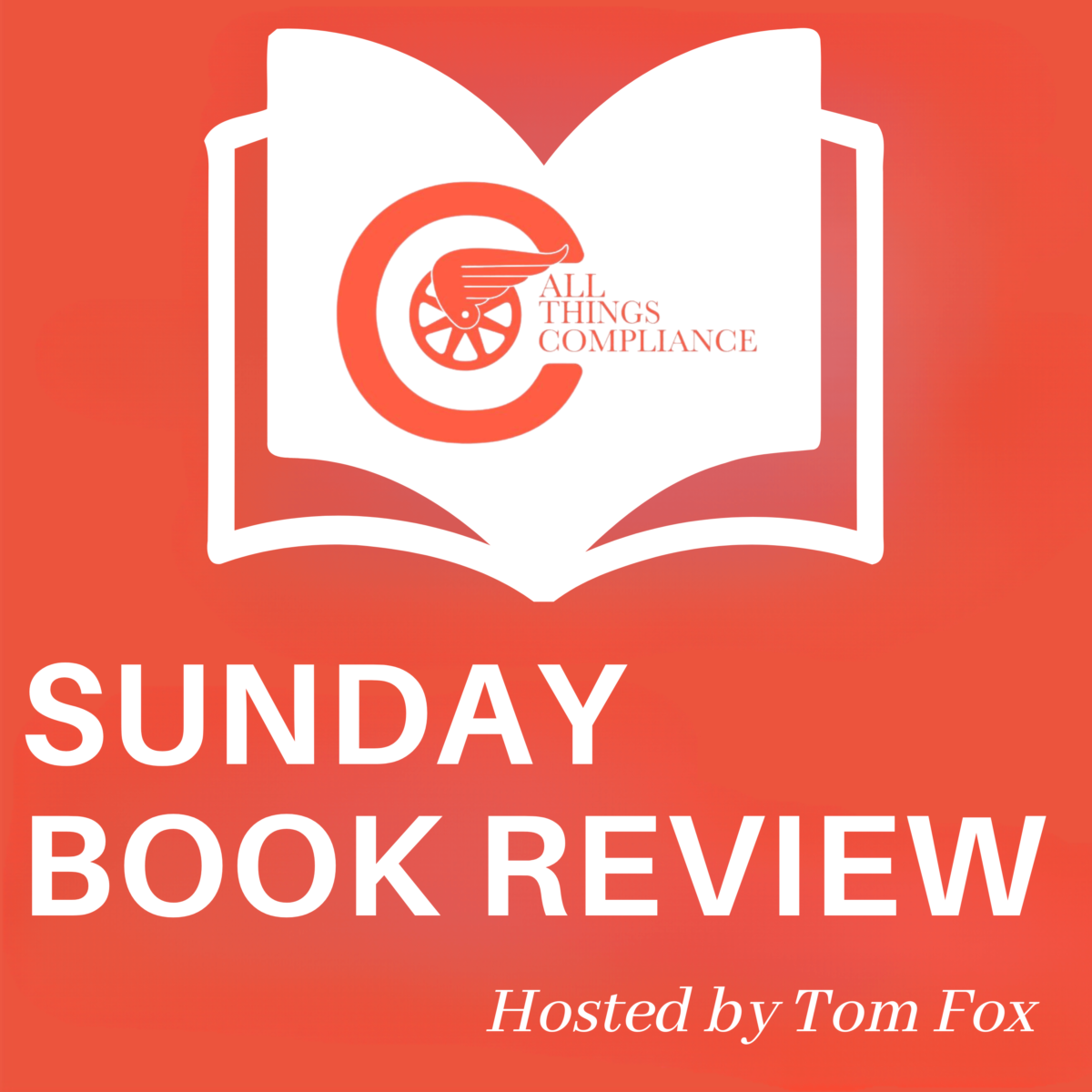Podcasting has become increasingly popular over the past decade, providing businesses with a new and innovative way to communicate with their audience. In simple terms, podcasting is the creation and distribution of audio content that can be downloaded and listened to at a later time. Podcasts are typically distributed through various platforms, such as iTunes or Spotify, and can be downloaded and listened to via a smartphone or computer.
One of the biggest benefits of podcasting is that it allows businesses to connect with their audience on a more personal level. Unlike traditional forms of advertising, which often come across as impersonal and sales-driven, podcasts enable businesses to build a loyal following by offering valuable and engaging content. This can include interviews with industry experts, behind-the-scenes glimpses of the business, and informative discussions on relevant topics.
Now take these same concepts of audience engagement and apply them internally to an organization. What do you potentially have? A mechanism to engage your employees, to engender trust and improve your overall corporate culture. Do you think this is a crazy way to improve culture? Think again about all the advantages podcasting has in place already.
A major US consumer product company started a podcast and had corporate executives on it. Who were the biggest fans of the podcast? It turned out it was the company employees, many of whom had never met their corporate executives. This allowed the executives to be humanized in a way no number of town hall meetings or other similar corporate events could ever achieve.
One of the biggest advantages of podcasting is that it is a relatively inexpensive way to reach a large audience. Unlike traditional forms of internal advertising for a compliance function, which can be expensive and difficult to track, podcasting allows businesses to reach a global audience with minimal investment. This can be particularly beneficial for corporate compliance programs which want to engage their customer base (IE., employees) in a new way that are looking to build their brand and expand their reach.
Podcasting is a powerful tool that businesses can use to connect with their audience on a more personal level. By investing in the right equipment and software, corporations can create engaging and informative audio content that will help build their ethical brand (culture) and drive employee engagement. If you want a new and different way to talk to your employees, why not try podcasting.
In today’s world, podcasting has become an essential tool for businesses to reach out to their target audience. With the rise of social media and the internet, it is crucial for businesses to utilize all available platforms to promote their products and services. Podcasting is one such platform that has gained immense popularity in recent years.
Want some other options? How about a fully produced branded podcast series for your internal compliance function. It could be two 25–30-minute episodes per month, with the guest selected by your compliance team. This format allows your corporate compliance function to tell the story of its greatest asset, its people, through interviews. Cannot get out of the country to travel? Still working remotely? Your branded podcasts give you a way to reach your employees as we continue to struggle through the Covid-19 variants. You can use the branded podcast to tell the story of compliance successes in your organization; you can include other departments to share their successes too. As with the podcast storytelling series, it would be done in a collaborative manner working with your comms team.
Want to make some short and snappy compliance communications? How about ‘Compliance News of the Day’? Have a daily curated news show of 3-4 compliance stories with a short summary of the series and how it relates to a compliance perspective to your organization. Make it fun so your employees want to check in daily. When the DOJ comes knocking and asks how often you send out compliance communications, you can point to your Compliance News of the Day as a great starting point.
As a compliance practitioner, you should strive to bring more storytelling into your compliance messaging, training and communications. If you put the employee in the shoes of the person they’re watching, they will remember it, because they will see how it applies to their lives. Such training and communication experiences will last much longer than if you drone over a written policy or show a PowerPoint. This is “expanding your classroom.” Ronnie Feldman calls this bringing memorable storytelling to your compliance communications and training.
One of the significant benefits of podcasting for a corporate compliance function is that it helps create a personal connection with the audience. Unlike other forms of internal communications, podcasting allows businesses to speak directly to their employees in a conversational and engaging manner. This helps to build trust and credibility with the audience, which can lead to increased sales and customer loyalty.
Podcasting also provides businesses with an opportunity to showcase their expertise and knowledge. By creating valuable and informative content, corporate compliance programs can establish themselves as leaders in their company to help employees facilitate issues and not be Dr. No From the Land of No. This can help to engage employees.
Another significant advantage of podcasting is that it is a highly shareable medium. Listeners can easily share podcast episodes on social media platforms, which can help to increase the reach of any corporate compliance function. This can help to attract new listeners from your employee base, as well as increase engagement with existing ones.
Since you are only limited by your imagination in compliance, why not use some of that to be creative in your compliance communications. Podcasting has become an essential tool for businesses to connect with their audience, establish themselves as thought leaders, and promote their products and services. By investing in podcasting, corporate compliance functions can create high-quality audio content that engages their audience and helps to achieve their ethical goals and improve the culture of any organization.
Finally, if you need any help starting a podcast, ping me and I can help you get started or provide you a turnkey podcast solution.









